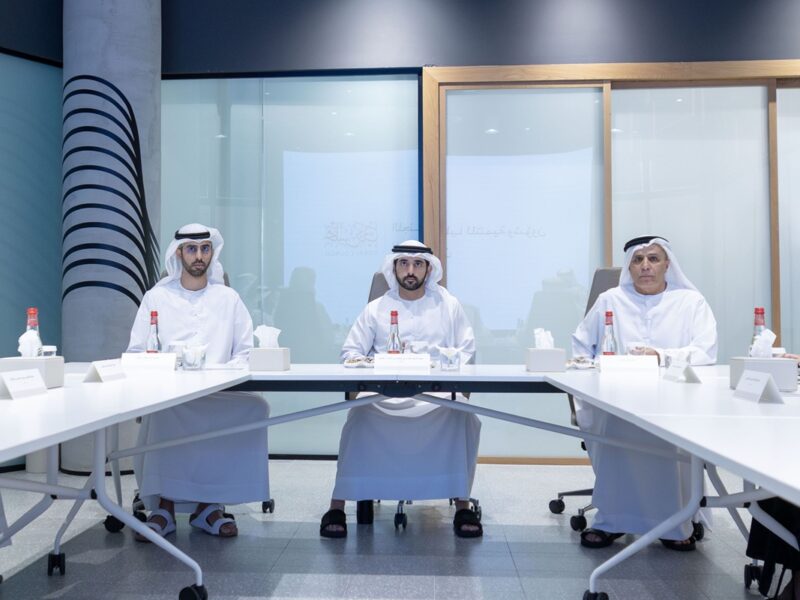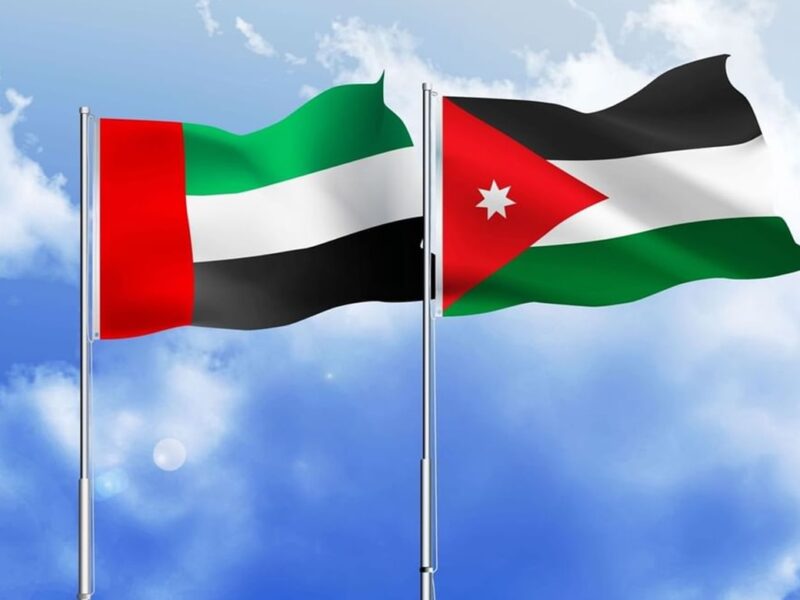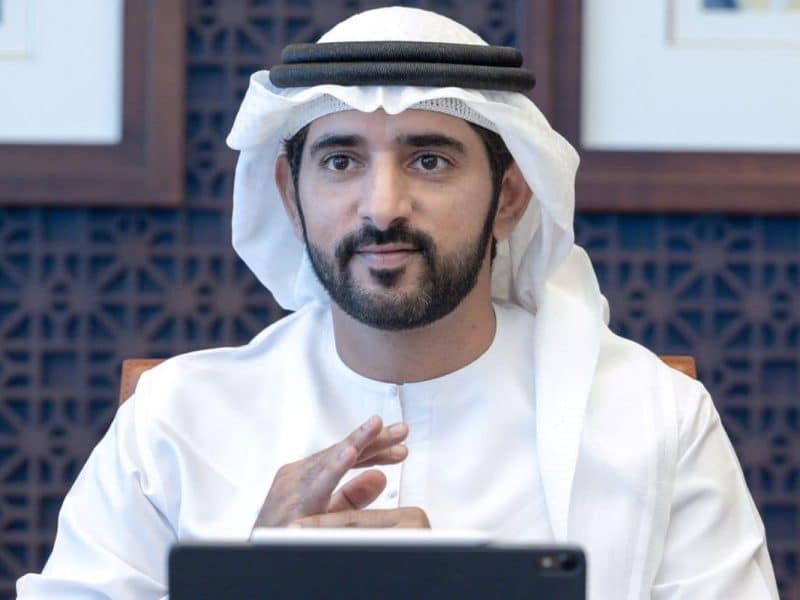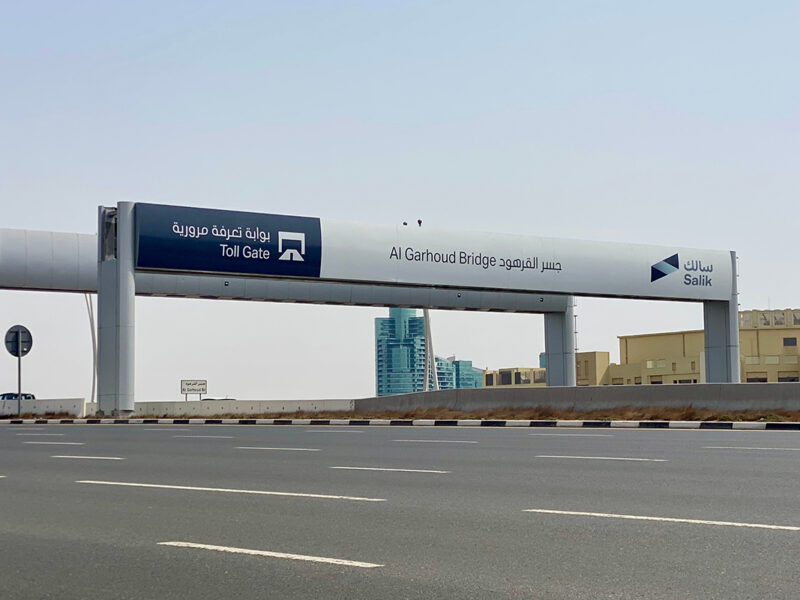Countries in the Middle East and North Africa (MENA) region will need to create approximately 300 million jobs in order to ensure that they hit their development goals, the president of the World Bank Group, David Malpass, highlighted while speaking at the World Government Summit 2022 (WGS 2022) at Expo 2020 Dubai.
David Malpass spoke about the risks facing MENA countries if they fail to rise to development challenges. He said that if the development goals were not met, it could have “serious implications for livelihoods and social stability across the region.”
The president of the World Bank also shared four key areas that countries in the MENA region should focus on: deepening trade relationships, labour and capital mobility, investing in knowledge, and enabling a strong business environment.
Stressing the importance of diversification as another key development goal, Malpass referred to the MENA region’s interaction with climate change as “complex”.
He warned that countries that were importers of energy and food were “vulnerable” to supply and demand side shocks.
Malpass also noted that GCC countries were concerned about the global community’s desire to shift away from oil, but they needed to focus on sustainable performance and service delivery.
He added that private capital could be mobilised to support state-owned balance sheets.
Looking ahead to a future based on renewables, he stated that the GCC enthusiasm to invest in hydrogen was a promising direction.
-1024x681.jpg)
“Renewables can replace fossil fuels for industrial and residential electricity generation,” Malpass said.
He added that there were key areas the Middle East could tackle that would have a major impact on emissions and electricity demand.
Regional cooperation on energy can bring GCC financing and expertise to the rest of the MENA region and accelerate progress towards development goals, Malpass added.









